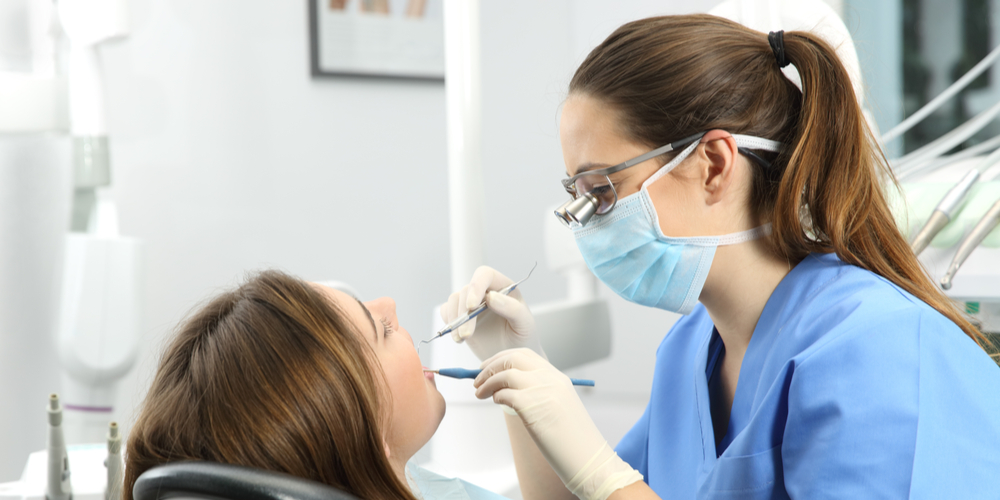
Dental hygiene is a sub-speciality of dentistry, in which practitioners work under the supervision of dentists. You would play a part in helping patients to maintain good oral hygiene, carrying out tasks such as the removal of plaque, polishing teeth and giving general advice to patients on how to maintain oral hygiene in terms of mouthwash and toothpaste.
University course
You will need to do a course approved by the General Dental Council (GDC) in order to begin your training as a dental hygienist. A Diploma in Dental Hygiene or a BSc in Oral Health Science would be sufficient. Such courses are offered at dental schools around the country.
Education pathway
In order to get onto a GDC approved course you will first need to attain a minimum of five GCSEs graded A – C, preferably including one science, after which you need to ascertain at least two A Levels. A science subject is once again preferred. A recognised dental nursing qualification would likely be sufficient. Once on a dental course, you would be taught important measures such as preventive dentistry, dental pathology and care of patients. Courses would typically last around two years.
Work experience
Experience as a dental nurse would give you a good understanding of dentistry, which you could use to demonstrate your commitment to the profession. Merely getting some unpaid work experience with a dental clinic during your time at college would improve your prospects. Work experience will form part of your course, during which you will work under the supervision of experienced practitioners.
Career pathway after graduation
Once graduated, you will be able to work for a dentist in a clinical setting. You will need to register with the General Dental Council after graduation in order to be recognised. Continuing Professional Development (CPD), consisting of 150 hours of training every five years, will ensure your skills are of high quality. This will be done through courses and conferences.
